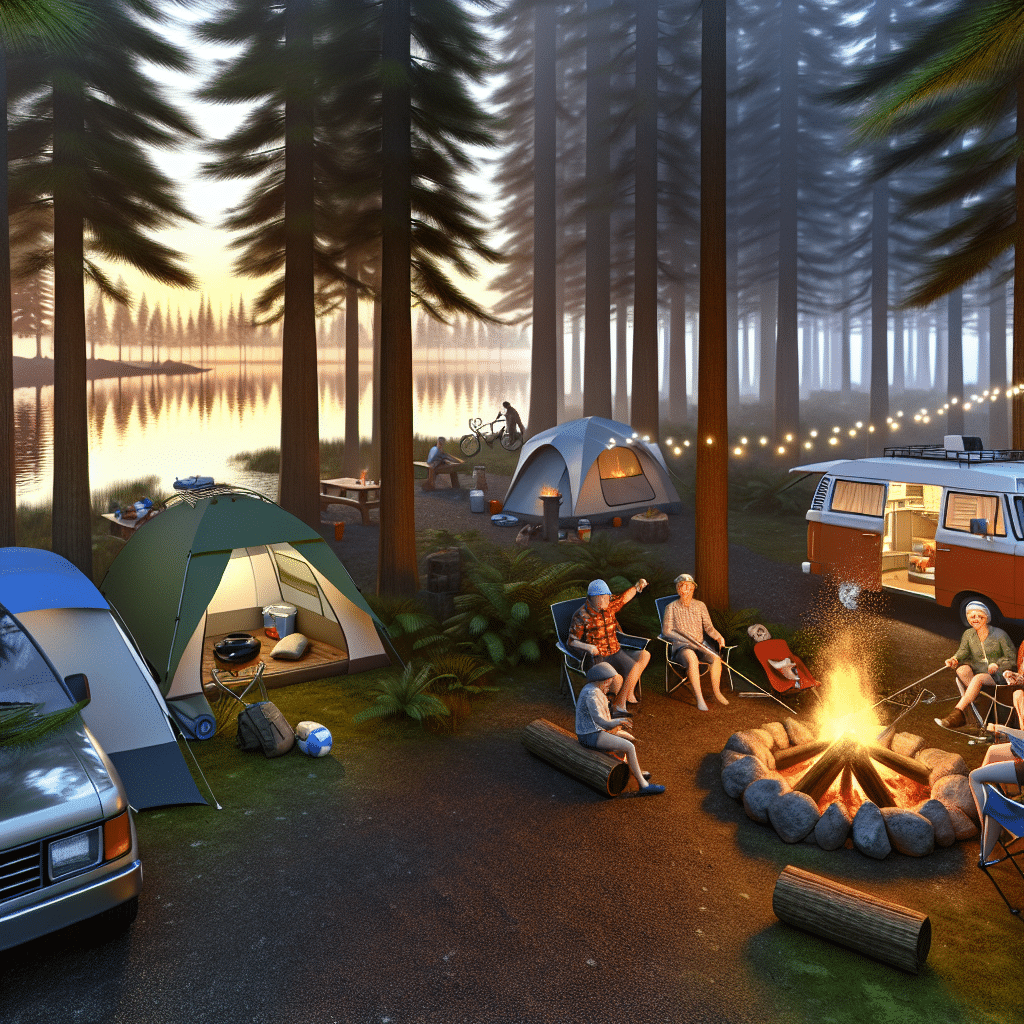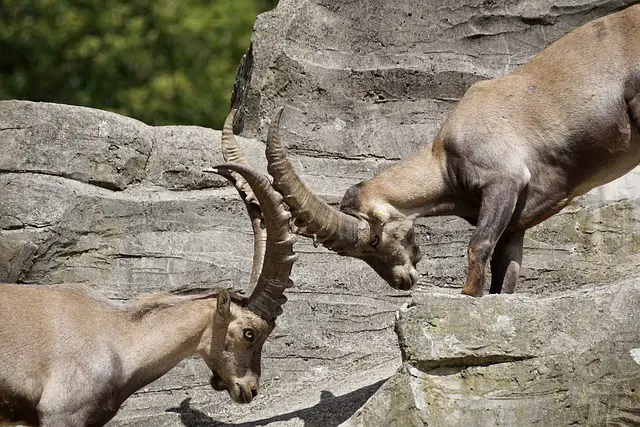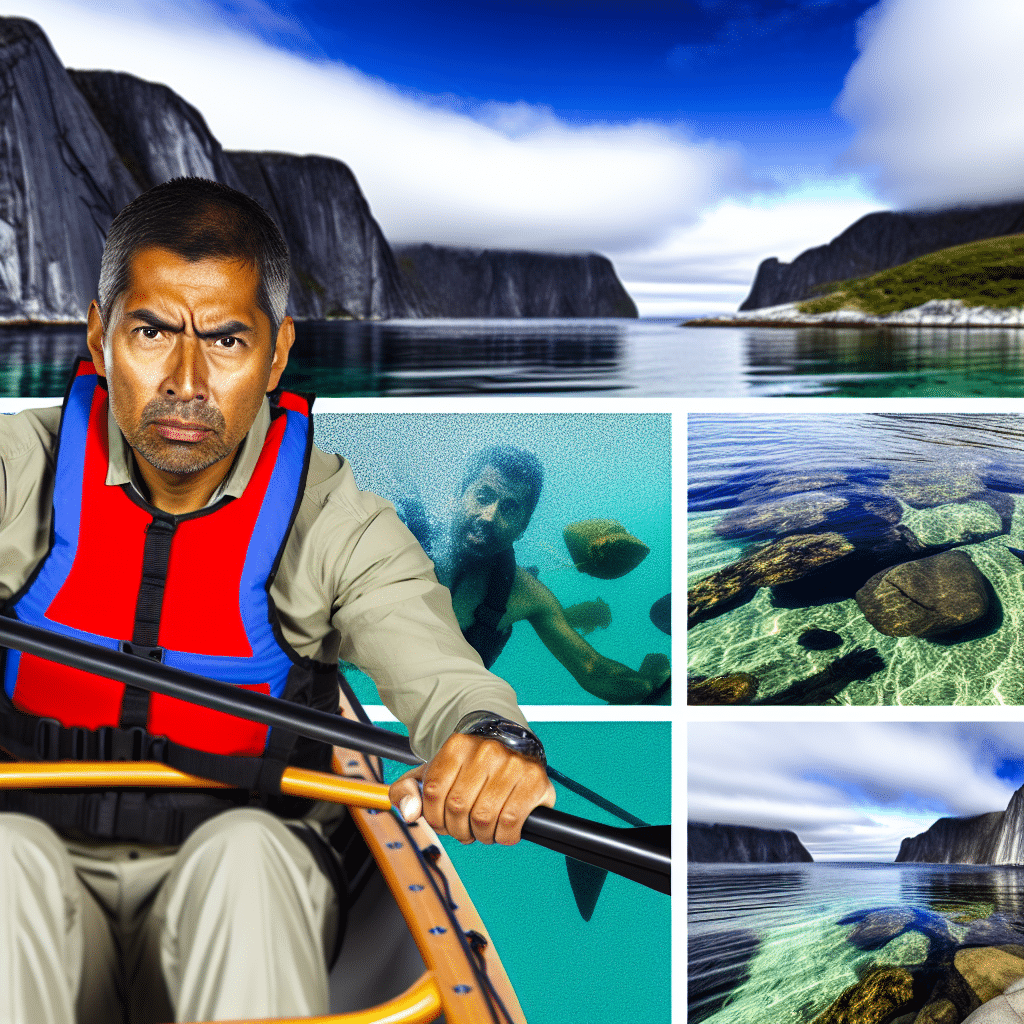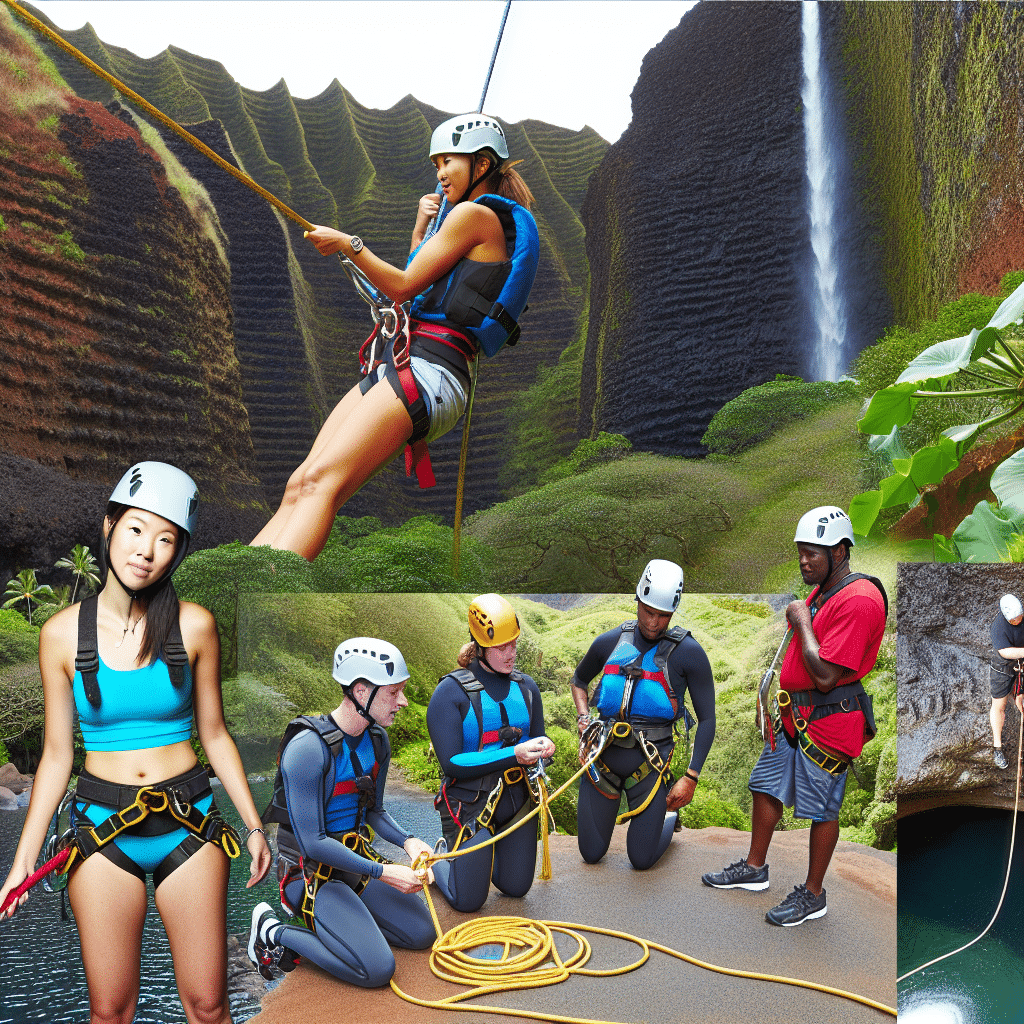In today’s fast-paced digital world, many people seek solace in nature, away from the constant buzzing of their smartphones and daily hustle. This return to the wild is best encapsulated by one age-old activity: camping. So, what is camping? It is a way to reconnect with nature, friends, and oneself through a variety of outdoor adventures.
What is Camping: A Dive into Nature’s Lap
Camping is an outdoor activity that involves staying overnight in a shelter such as a tent, caravan, or even under the starry sky. It allows people to immerse themselves in nature, unwind, and rejuvenate away from urban distractions. But it’s much more than just sleeping outside.
A Brief History of Camping
Camping, as a recreational activity, began in the early 20th century. Thomas Hiram Holding, often referred to as the father of modern camping, helped popularize it through his writings and the establishment of camping clubs. Initially, it was a way for the elite to explore nature, but over time, it became accessible to the general public. Today, millions of people around the world enjoy camping in various forms.
Types of Camping
The beauty of camping lies in its versatility.
**Tent Camping:** This is the most traditional form. Campers set up tents in designated campgrounds or venture into the wilderness.
**Car Camping:** This involves driving to a campsite and setting up camp near your vehicle. It’s convenient for families and beginners.
**RV Camping:** For those who seek comfort, recreational vehicles (RVs) offer a home-like experience with amenities such as beds, kitchens, and bathrooms.
**Backpacking:** This is for the more adventurous souls. It involves hiking with all your gear on your back and setting up camp in remote areas.
**Glamping:** A blend of glamour and camping, glamping offers luxurious accommodations like yurts, cabins, and treehouses, ensuring a comfortable experience amidst nature.
Why Go Camping?
Camping offers numerous physical, mental, and emotional benefits.
Physical Health Benefits
Engaging in camping activities such as hiking, fishing, and swimming promotes physical health. It can improve cardiovascular health, build muscle strength, and boost your immune system. Exposure to fresh air and sunlight also contributes to overall well-being.
Mental Health Benefits
Nature has a calming effect on the mind. Camping can reduce stress, alleviate anxiety, and combat depression. The act of disconnecting from digital devices and reconnecting with nature helps in mental rejuvenation.
Bonding and Relationship Building
Camping is an excellent way to strengthen bonds with family and friends. The shared experiences of setting up a tent, cooking over an open flame, or telling stories around a campfire foster deeper connections.
Preparing for Your Camping Adventure
Proper preparation is key to a successful camping trip.
Choose the Right Location
Understanding your comfort level and interests is crucial. Do you prefer a well-established campground with amenities or a more rustic, off-the-grid location?
Packing Essentials
Ensure you have the right gear. This includes a tent, sleeping bag, cooking supplies, first aid kit, and appropriate clothing. Always check the weather forecast and pack accordingly.
Know the Rules
Familiarize yourself with the regulations of your chosen campsite. Respecting nature and leaving no trace is crucial for preserving these beautiful spaces for future generations.
Conclusion
So, what is camping? At its core, camping is an invitation to step outside our everyday routines and experience the beauty of the natural world. It is a means to relax, rejuvenate, and reconnect—with nature and with each other. Whether you’re a seasoned camper or a novice, the wild waits with open arms. Embrace the adventure and let nature be your guide.




